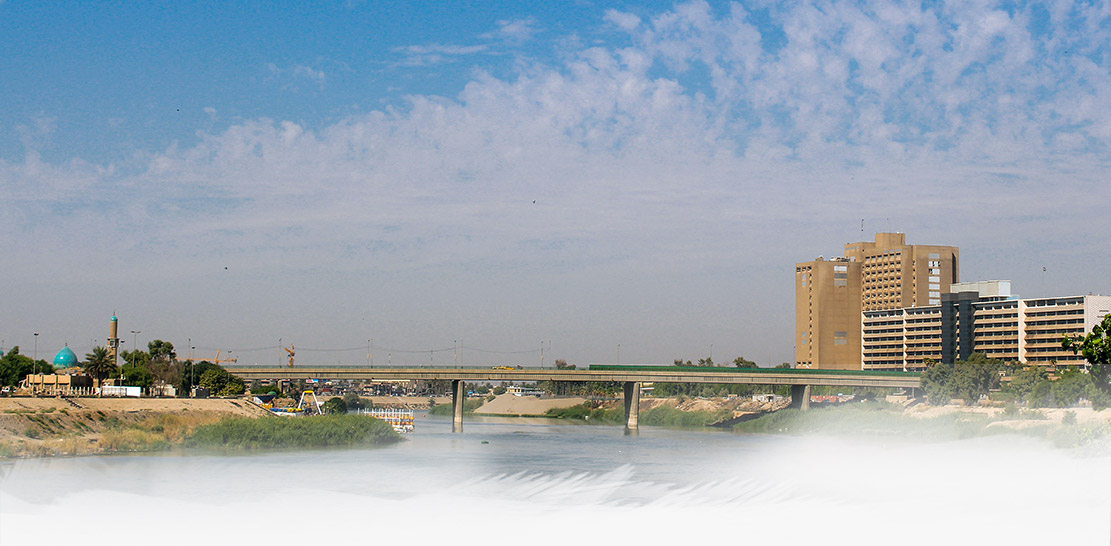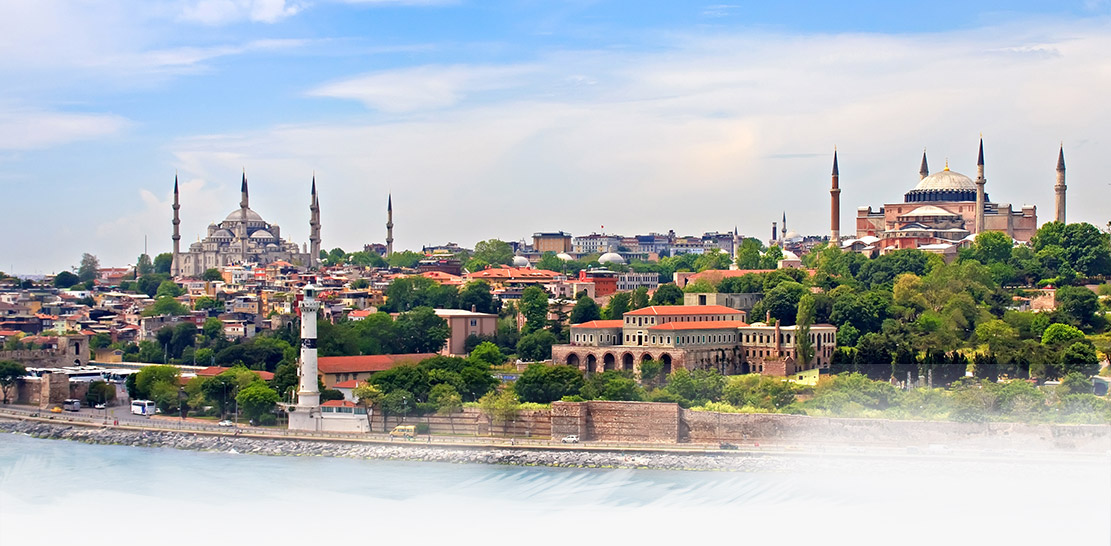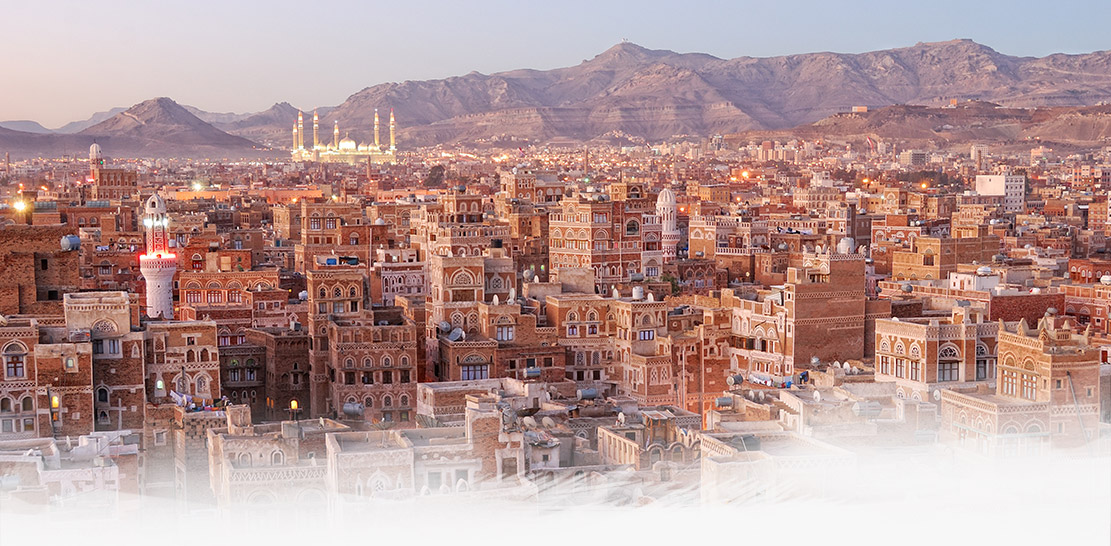UAE
Population
9.2 Million (90% are expats)
GDP Total
$370.30 Billion USD (2015)
Health Care:
There are currently 104 hospitals throughout the seven Emirates. These are regulated by the following organizers: MOH, The Dubai Health Authority (DHA), The Health Authority of Abu Dhabi (HAAD).
Health care services in UAE are distributed as follows:
- Abu Dhabi: 39 hospitals (14 government, 25 private; 26 are JCI accredited), with 4,226 beds, or 2.7 beds for every 1500 of the population, servicing approximately 2.5 million people.
- Dubai: 38 hospitals (6 government, 32 private; 20 are JCI accredited), with 3,857 beds, or 1 bed for every 532 of the population, servicing approximately 2.1 million people.
- Sharjah: 15 hospitals (5 government, 10 private; 1 is JCI accredited), with 898 beds, or 1 bed for every 1,670 of the population, servicing approximately 1.5 million people.
- Ras Al Khaimah: 5 hospitals (4 government, 1 private; 1 is JCI accredited), with 562 beds, or 1 bed for every 533 of the population, servicing approximately 300 thousand people.
- Ajman: 3 hospitals (1 government, 2 private; 1 is JCI accredited), with 189 beds, or 1 bed for every 1,269 of the population, servicing approximately 240 thousand people.
- Fujairah: 3 hospitals (2 government, 1 private), with 358 beds, or 1 bed for every 558 of the population, servicing approximately 200 thousand people.
- Umm Al Quwain: 1 government hospital, with 165 beds, or 1 bed for every 606 of the population, servicing approximately 100 thousand people.
Health Insurance:
The introduction of mandatory health insurance in Abu Dhabi for expatriates and their dependents was a major driver in reform of healthcare policy. Abu Dhabi nationals were brought under the scheme from 1 June 2008 and Dubai followed for its government employees. Eventually, under federal law, every emirati and expatriate in the country will be covered by compulsory health insurance under a unified mandatory scheme.
Daman (the U.A.E. National Health Insurance Company) is the first and largest specialized federal health insurance company to be formed in the United Arab Emirates.





















